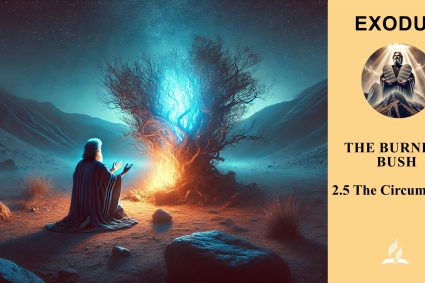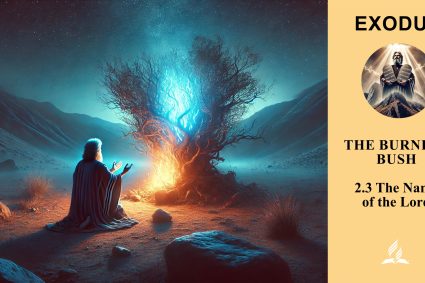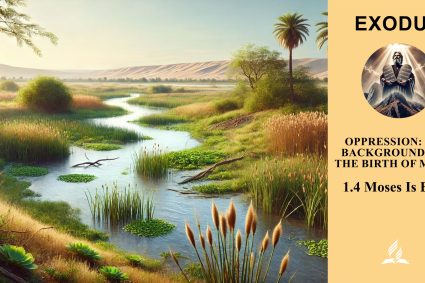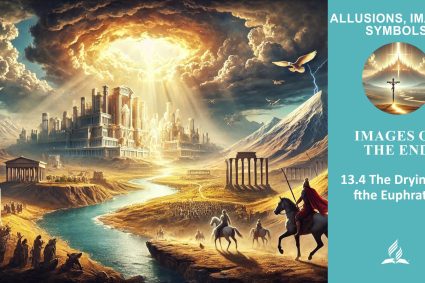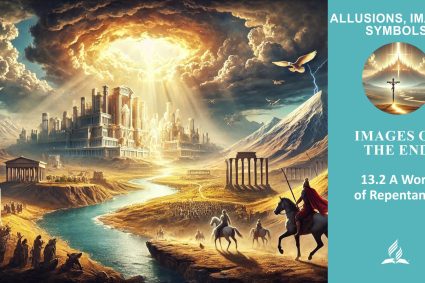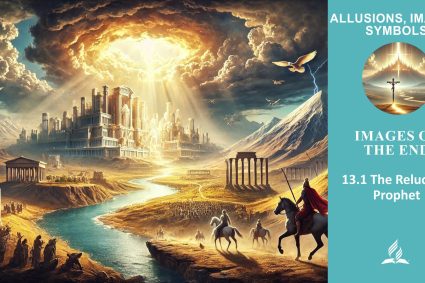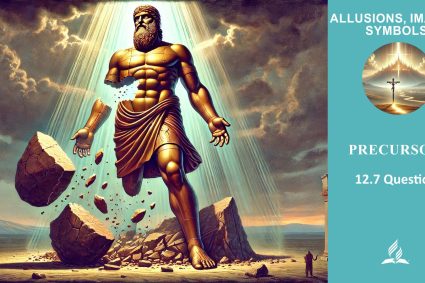Lesson 9.Blessed Is He Who Comes in the Name of the Lord | 9.3 Forever Faithful to His Covenant



9.3 Forever Faithful to His Covenant
Read Psalm 89:28–33, 39–47 and 132:10–12. What is the Davidic covenant about? What appears to have jeopardized it?
The Davidic covenant, as described in Psalms 89:28–33, 39–47 and 132:10–12, is a central aspect of the biblical testimony and the history of the people of Israel. This covenant includes God’s promise to establish David’s lineage forever and to bring prosperity to His people. The durability of this covenant rests on God’s solemn oath and King David’s faithfulness to God.
However, the reality is that even faithful kings, like David, were not always faithful to God. Psalm 89 reflects the harsh reality that the glorious promises of the Davidic covenant appear to be jeopardized. The question of hopelessness arises, whether Israel has been forsaken by God. Yet the answer is clear: No!
God’s wrath, a manifestation of His divine judgment, does not last forever. His everlasting love forgives people their sins when they repent. Although God’s wrath has serious consequences for the disobedience of the people, hope still remains. This hope is grounded in the certainty of God’s faithfulness and grace.
In this hope rests the conviction that God’s unchanging purposes will be fulfilled through the Messiah. Jesus Christ, the Son of David and the Messiah, embodies all the righteousness and salvation of Israel and the entire world. Through His resurrection from the dead, He is exalted as the supreme King over the whole world.
Overall, the Davidic covenant illustrates God’s promises to His people and His unwavering faithfulness, even in times of failure and testing. The fulfillment of these promises finds its completion in Jesus Christ, the Messiah, who brings hope and redemption to all humanity.
Read Colossians 1:16, 20–22. What do these verses teach us about who Jesus was and what He did for us? What promise can you take for yourself from them?
These verses teach us about the divine nature and work of Jesus Christ:
-
Creative Power: Jesus is the Creator of all things, both in heaven and on earth. He is above all that is visible and invisible, including all powers and authorities.
-
Reconciliation: Jesus has created reconciliation through His sacrifice on the cross. By His blood, He has made peace between God and humanity, overcoming the separation caused by sin. This reconciliation extends over all realms of creation, both in heaven and on earth.
-
Sanctification and Blamelessness: Through Jesus’ death on the cross, we are reconciled and brought into communion with God. This happens not only for believers but for all who believe in Jesus Christ and turn to Him. As a result, we will stand sanctified, blameless, and above reproach before God.
The promise we can draw from these verses is the certainty of reconciliation and communion with God through Jesus Christ. Through His sacrifice on the cross, He has made peace and overcome the separation between God and us. By faith in Him, we can stand sanctified and blameless before God and experience His love and grace in full measure.

The connection between the Davidic covenant and our everyday life in faith, as well as the teachings from Colossians 1:16, 20–22, is profound and significant for our daily lives:
-
Trust in God’s Faithfulness: The Davidic covenant shows us God’s unwavering faithfulness and promises to His people. In times of trial and temptation, we can rely on God to remain faithful to His promises and never leave us.
-
Hope for Redemption and Reconciliation: The teachings from Colossians 1:16, 20–22 remind us that Jesus Christ, through His sacrifice on the cross, has made reconciliation possible. This hope for redemption and reconciliation is a source of comfort and assurance in our daily lives, especially when confronted with guilt and sin.
-
Encouragement for Holiness: The certainty of our reconciliation with God through Jesus Christ should encourage us to live lives of holiness. By turning away from sin and living according to God’s will, we can stand in communion with Him and experience His love and grace in our daily lives.
-
Gratitude and Worship: The promises of the Davidic covenant and the teachings from Colossians 1:16, 20–22 should lead us to gratitude and worship in our daily lives. We should thank God for His faithfulness and love, and praise Him for granting us redemption and reconciliation through Jesus Christ.
Overall, the Davidic covenant and the teachings from Colossians 1:16, 20–22 should shape our daily life in faith by encouraging us to trust in God’s faithfulness, have hope for reconciliation and redemption, encourage us towards holiness, and express gratitude and worship for God’s grace.
(Visited 15 times, 1 visits today)
Post Views: 621

